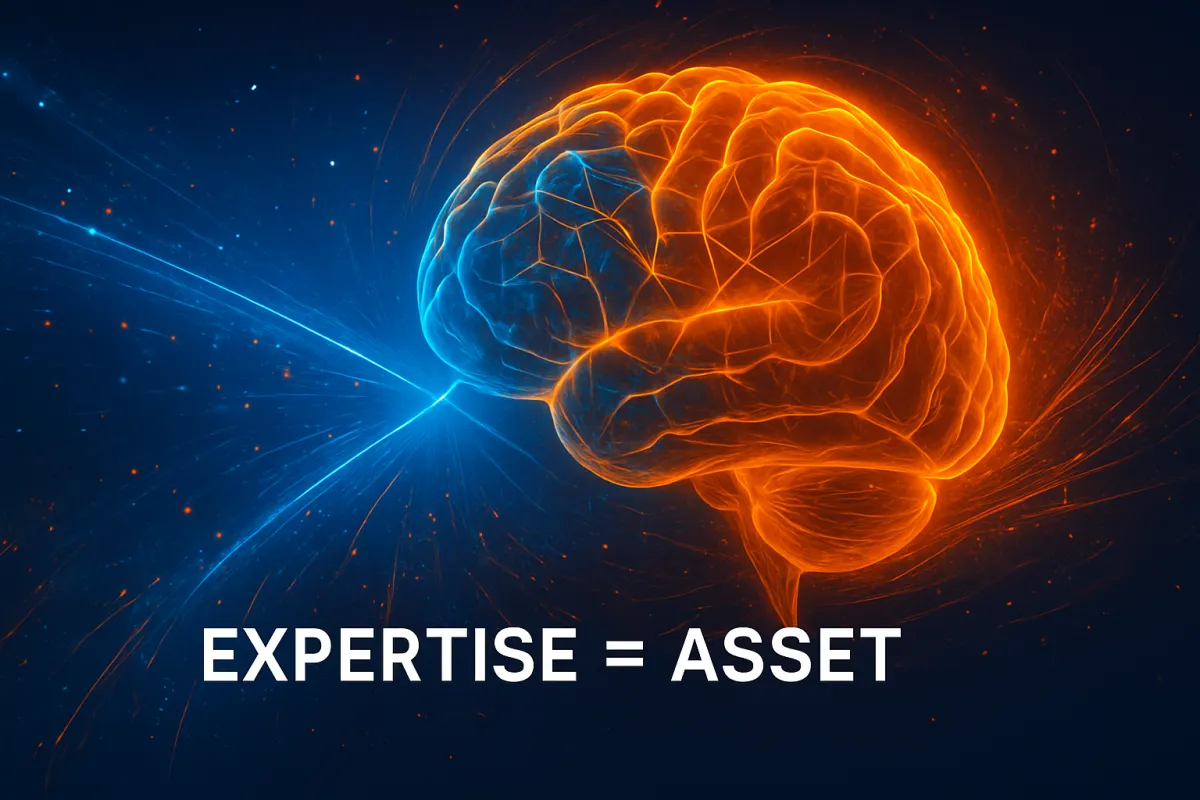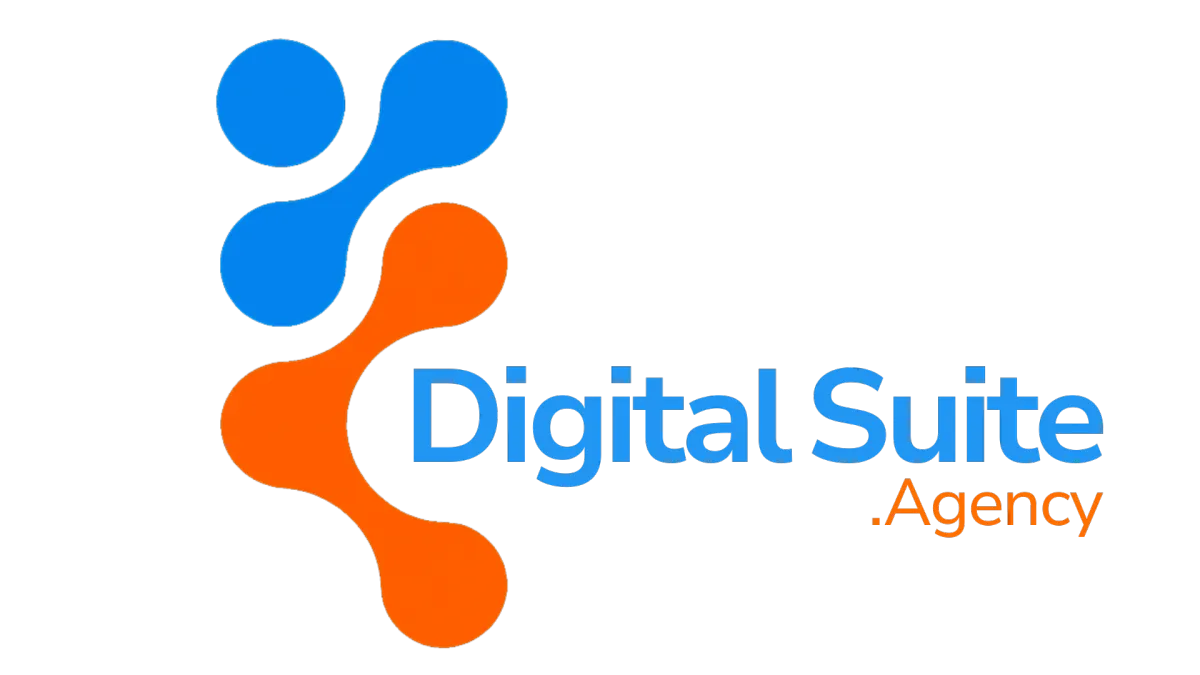
Expertise: Your Most Powerful Business Asset
Most professional service firms invest heavily in refining their services. Better systems. Improved client delivery. Smarter automation. These are all logical investments. But what if your greatest untapped ROI isn't in your service innovations at all? What if it's in the expertise you already possess?
We've observed a curious pattern working with professionals across industries. The very knowledge that makes them valuable often remains locked away in internal decks, client calls, and team meetings. This creates what we call the expertise paradox. Firms invest extensively in service delivery while underinvesting in sharing the specialized knowledge that truly differentiates them.
The data confirms this disconnect. While 87% of executives have made purchase decisions based on thought leadership they've consumed, many professionals still view expertise-sharing as a "nice to have" rather than a growth engine, according to ROI research.
The firms that truly stand out are those who treat their knowledge like an asset; turning insights into influence.
Consider one of our clients, a niche financial consulting firm with brilliant expertise but virtually no online presence. Their transformation began with a mindset shift: they stopped thinking of marketing as promotion and started treating it as education at scale.
We helped them turn their internal expertise into consistent thought leadership articles, posts and insights, in their authentic voice, published weekly. Within months they weren't chasing leads anymore. They were being invited to speak, being quoted in media, and closing higher-quality clients. Same expertise - just amplified.
If expertise-sharing is so powerful, why don't more professionals do it? We've identified three common barriers:
Time pressure: Most experts are already stretched thin. Adding content creation feels impossible.
Perfectionism: Many professionals fear putting anything out that isn't "client-ready," so they never publish.
Imposter syndrome: Even seasoned experts second-guess whether their insights are "valuable enough" for a broader audience.
These barriers explain why 95% of potential B2B customers remain untapped. Professionals simply aren't reaching them with their expertise before they're ready to buy, according to Edelman research.
When measuring expertise-sharing, we help professionals shift focus from vanity metrics to visibility and influence metrics that actually drive growth. ROI isn't just about clicks; it's about credibility, consistency, and conversations.
We track how often they're seen by the right audience, how their content drives engagement, and how it supports inbound opportunities—from client inquiries to media invitations. Traditional marketing often sells, but sharing your expertise at scale builds trust. And trust is what sells repeatedly.
This trust-building effect is why 60% of buyers say thought leadership establishes credibility when entering a category where a brand isn't already known.
The implementation gap is where most thought leadership efforts fail. Creating one viral article isn't enough. Consistency matters. Our approach makes expertise-sharing seamless and effortless:
1. A quick strategy session uncovers unique points of view and audience goals.
2. AI-powered voice interviews feel more like conversations than content creation.
3. Insights transform into publish-ready content - articles, social posts, media-ready pieces - all in the professional's authentic voice.
4. Content is published across channels with simple performance tracking.
The professional stays in control, but we do the heavy lifting; turning brainpower into brand power.
The most exciting evolution happens when professionals go beyond content into what we call "codified expertise": frameworks, diagnostic tools, mini-courses, even AI-powered advisors built around their thinking.
A consultant might start with thought leadership posts, then package insights into a recurring webinar series, followed by a templated process that becomes a productized offer. Others build internal knowledge libraries or client onboarding tools powered by their own content.
The key shift is learning to treat expertise not just as something to express, but something to scale. Content is often the first step, but when paired with technology, it becomes an asset that works 24/7.
For regulated industries like legal, financial, or healthcare, expertise-sharing requires special consideration. The line between value and liability can be razor-thin.
We build compliance into the content process. Every piece grounds in the expert's voice, but shapes through strategic prompts and editorial review to avoid over-promising, giving personal advice, or breaching confidentiality. The result? Content that's credible, compliant, and still compelling.
This ethical approach creates unmatched differentiation. While competitors chase quick wins, professionals who share expertise with integrity build sustainable authority.
When professionals make the shift to expertise-sharing, the results are often exponential; not just incremental. One financial advisory client codified their process into a branded framework and saw a 40% increase in qualified inbound leads; many citing the framework as the reason they reached out.
What brought on this transformation? They stopped chasing opportunities. Their content became the filter that attracted right-fit clients, and repelled the rest.
The most common misconception professionals have is that expertise speaks for itself. Many believe that being good at what they do is enough, and that clients should just recognize their value. But expertise only becomes a business asset when it's visible, relatable, and shareable. It's not about dumbing things down. It's about translating brilliance into formats others can access, understand, and act on.
When you treat your expertise like a product - packaged, positioned, and distributed - that's when it starts driving real growth.
Are you ready to leverage your expertise as a growth asset? Start by identifying what you know that others consistently ask you about. That's your sweet spot; where your insight meets a real market need. From there, document your perspective. What do you believe? What do others get wrong? What's your unique take?
You don't need to write a book. Just articulate one clear point of view. That becomes the seed of your content, your credibility, and eventually, your authority.
Because in a world where service innovations yield diminishing returns, your expertise, when properly leveraged, might just be your most powerful business asset.

